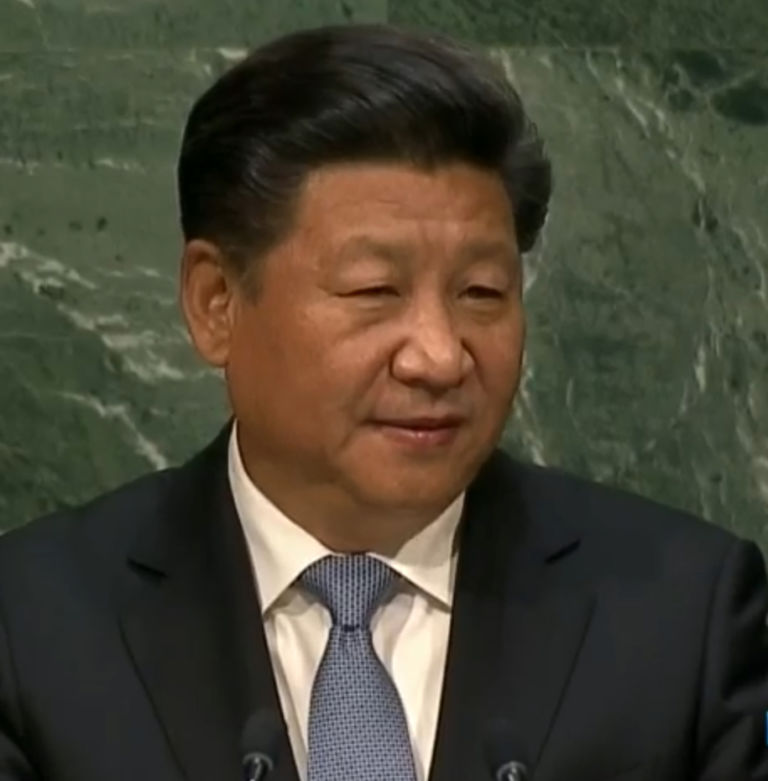That’s the title of a recent City Journal post in which E.M. Oblomov compares the current conflict between left and right with the older conflict between North and South. Here’s an excerpt:
Our current politics is sometimes described as a “cold civil war,” but I don’t think that’s quite right. Ours is a simmering religious war, more like sixteenth-century Europe than nineteenth-century America. Civil wars are about politics; religious wars are about deeper things. Writing in 1792, Washington observed, “religious controversies are always productive of more acrimony and irreconcilable hatreds than those which spring from any other cause; and I was not without hopes that the enlightened and liberal policy of the present age would have put an effectual stop to contentions of this kind.” It did, for a while. Our Civil War was fought to settle basic political and constitutional questions left unresolved at the Founding. But it was fought by two parties that, in Lincoln’s words, “Both read the same Bible and pray to the same God, and each invokes His aid against the other.” The parties to our current religious war most definitely do not pray to the same God.
Progressive politics is distinguishable from religious fundamentalism only in that it resembles a quasi-pagan hodgepodge of cults and deities. At its center is submission to the benevolence, wisdom, and sacred power of the State. There is a Cult of Equality and a Diversity Mystery Rite. There are not one, but two versions of original sin—racism and crimes against Gaia—as well as an End Times mania connected with the second. There is a canon of sacred texts whose dogma brooks no dissent. There are witch trials and rituals of confession and expiation for the sin of Whiteness. There are saints and martyrs, priests and heretics, a Satan, and—briefly—a Messiah. The euphoria of 2008 and the apocalyptic panic of 2016 are two sides of the same essentially religious experience.
In his First Inaugural, Lincoln appealed to the “mystic chords of memory, stretching from every battlefield and patriot grave to every living heart and hearthstone,” calling upon this connection to preserve friendship between North and South. He failed. As living memories die, the national memory fades, and the living memory of Gettysburg died long ago. A people without a collective memory is a people without a history, and a people without a history is not a nation. According to the prevailing wisdom of our age, we’re all supposed to despise our adoptive ancestors now.
Well, nuts to that.
Couldn’t have said it better myself.


